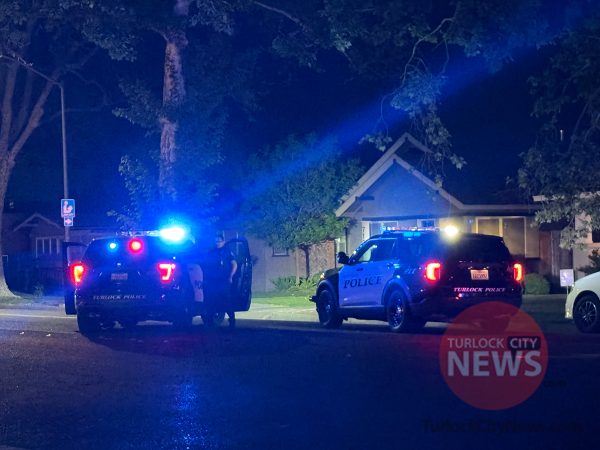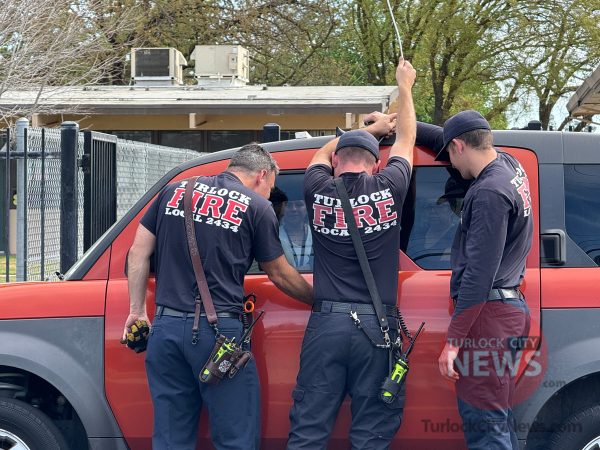Recently, Assemblymember Kristin Olsen (R-Modesto) and Assemblymember Ling Ling Chang, (R-Diamond Bar) sent a letter to the heads of the Department of Motor Vehicles (DMV) and the California Public Utilities Commission urging them to work together to allow rideshare vehicles, such as Uber and Lyft, to continue operating using personal license plates.
DMV had issued a mandate stating that drivers who use personal vehicles for ride-sharing must obtain a commercial license plate, even if they only drive for the services occasionally, applying legal language from 1935 to today’s rideshare operators.
The authors stated that this would create unnecessary logistical challenges for one of California’s fastest-growing industries and hinder economic growth and personal choice; they urged the issue to be revisited.
On Jan. 5 the DMV’s Acting Director of the Communication Programs Division stated that a “commercial license plate” is mandatory for all vehicles used for hired transportation, even occasionally.
The letter described the measure as counter-productive, and in 2015, bordering on nonsensical by subjecting thousands of current and potential rideshare operators to increased government red tape and costs.
Olsen predicted that the measure would hinder the industry that promotes a wealth of employment and economic opportunity.
On Jan. 23, DMV Director Jean Shiomoto retracted the related VIN 2015-01 alert regarding rideshare operators for companies like Uber and Lyft, stating that the response that reflected the laws from 1935 was prompted by a series of questions regarding the operations.
“However, there remains uncertainty about the interaction and effect of this law governing vehicle registration requirements with more recent regulatory and statutory changes affecting ride share operators,” said Shiomoto. “We jumped the gun, and we shouldn’t have. The matter requires further review and analysis which the department is undertaking immediately.”
The DMV will be meeting with regulators and the industry to continue working through this issue in the coming days with the Vehicle Industry News alert, VIN 2015-1 that reflects 1935 laws, affecting today’s rideshare operators.
Notably, the alert has been revoked along with any reference requiring a commercial plate.
The letter written on behalf of Assembly Republicans stated that in this day and age, the State cannot be governed by an archaic interpretation of an 80-year-old law.
Alternatively, the letter stated that had no actions been taken, legislation to amend the California Vehicle Code language and define “primary,” in a manner that protects rideshare operators, would be introduced.
“California is struggling to retain its rightful place as the home where new ideas become reality because of outdated government thinking,” said Olsen. “California leaders must be creative and nimble if we are to continue to lead the nation in technology, creativity and innovation.”







